>>
In 2010-2011, the Hung Khanh tea growing region faced a serious crisis when the production of "dirty tea" was exposed. At that time, people were overusing chemical fertilizers and pesticides to stimulate rapid bud growth, harvesting with machines without proper control, and even mixing in crushed stone and cornstarch to increase weight. As a result, consumers turned their backs on the product en masse, and sales plummeted despite record low prices.
2015 marked a significant turning point when the district's agricultural sector and commune authorities guided people in applying VietGAP standards to tea production. This was the first effort to restore consumer confidence and create a stable market for the product.
Ms. Tran Thi Hanh's family in Khe Nam village owns over 3,500 square meters of tea plantations, of which 2,500 square meters are Bat Tien tea plants grown since 2004, and they have participated in this model. Subsequently, in July 2024, her family registered to participate in the organic tea production project implemented by the Yen Bai Provincial Department of Science and Technology and the Northern Mountainous Region Institute of Agricultural and Forestry Science and Technology. Currently, these tea hills generate nearly 100 million VND in profit per year from selling fresh tea leaves to the local cooperative.
"We switched to using well-rotted manure and pest control with safe biological preparations. Weeding and maintenance are done using generators and manual methods, and tea buds are harvested by hand according to the standard of 1 bud and 2 leaves," Ms. Hanh said.
Similarly, the family of Ms. Ha Thi Thu, also in Khe Nam village, with over 4,000 m² of tea plantations, including 2,200 m² of Bat Tien tea, has earned a stable income of over 100 million VND per year. "Bat Tien tea yields lower fresh tea buds, but the average purchase price is 26,000 VND/kg, double that of midland tea," Ms. Thu said, adding that she plans to replace the entire area with Bat Tien tea using organic farming methods.
2020 marked a significant milestone with the establishment of the Khe Nam Tea Cooperative, initially comprising over 30 members. According to Mr. Tran Van Tam, Chairman of the Hung Khanh Commune People's Committee, the government provided capital to assess the raw material area, invest in new seedlings, and replace over 35 hectares of midland tea with the Bat Tien tea variety. They also supported the construction of workshops and the installation of modern production machinery. To date, the cooperative has grown to nearly 90 members and its Bat Tien tea, a Hung Khanh specialty, has achieved OCOP 4-star certification, gaining popularity among consumers both within and outside the province.
Mr. Vu Van Hong, Director of Khe Nam Tea Cooperative, shared: "More than a decade ago, when visiting tea cultivation models in Thai Nguyen , I saw them selling each kilogram of tea for several hundred thousand dong, even several million dong, while tea in my hometown only sold for 30,000 - 40,000 dong/kg. I was determined to work with the people to change their farming methods."
As a result of applying the VietGAP process, each hectare of tea yields 9-10 tons of fresh tea buds per year, equivalent to an income of over 200 million VND. This has motivated many households to convert areas of unproductive garden land and hillside land used for inefficient forestry to tea cultivation.
The story of Hung Khanh tea-growing region is a valuable lesson in perseverance and innovation in agricultural production. From a region once boycotted for "dirty tea," the people have made a strong transformation towards producing clean, organic tea, gradually establishing their brand in the market. By focusing on improving the quality of raw materials, selecting delicious tea varieties suitable for the soil, applying clean production methods, and building a brand, the people of Hung Khanh are gradually thriving with tea cultivation – a testament to sustainable agricultural development not only for economic benefit but also for community health.
Hung Cuong
Source: https://baoyenbai.com.vn/12/348529/Tu-che-ban-den-OCOP-4-sao.aspx



![[Photo] Prime Minister Pham Minh Chinh receives the Director General of TASS News Agency (Russian Federation)](https://vphoto.vietnam.vn/thumb/1200x675/vietnam/resource/IMAGE/2026/02/25/1772024599891_dsc-8041-jpg.webp)


![[Photo] Prime Minister Pham Minh Chinh presides over the meeting of the Steering Committee for the Development of Science, Technology, Innovation, Digital Transformation and Project 06.](https://vphoto.vietnam.vn/thumb/1200x675/vietnam/resource/IMAGE/2026/02/25/1772024613089_1772024091685-jpg.webp)





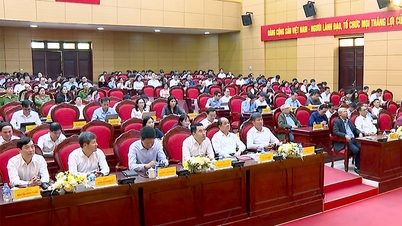
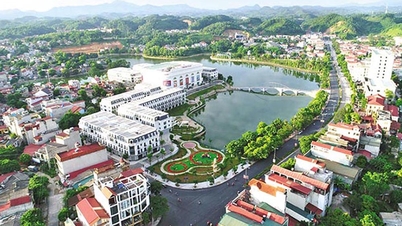

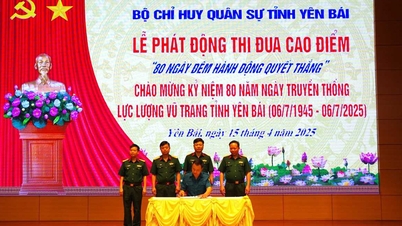














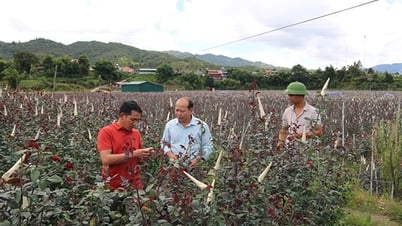


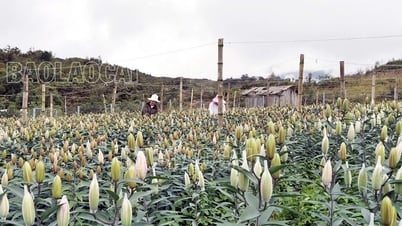
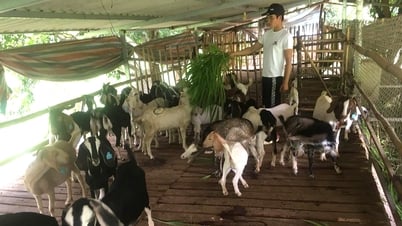
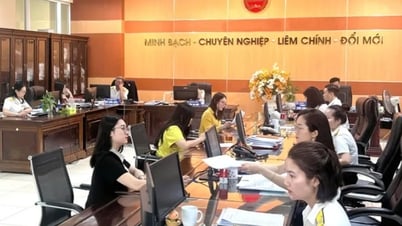








































































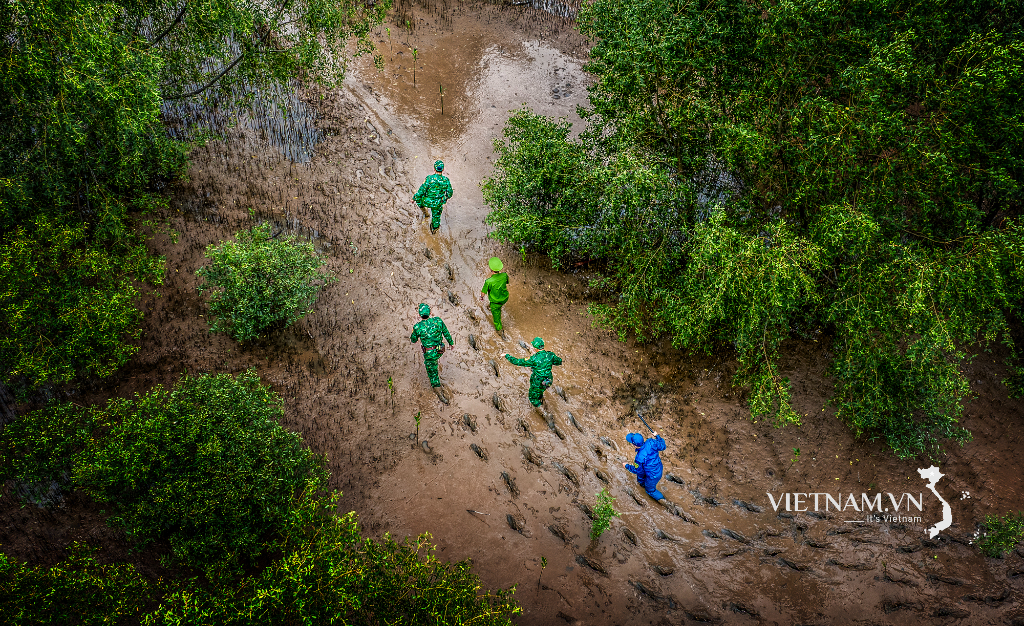

Comment (0)